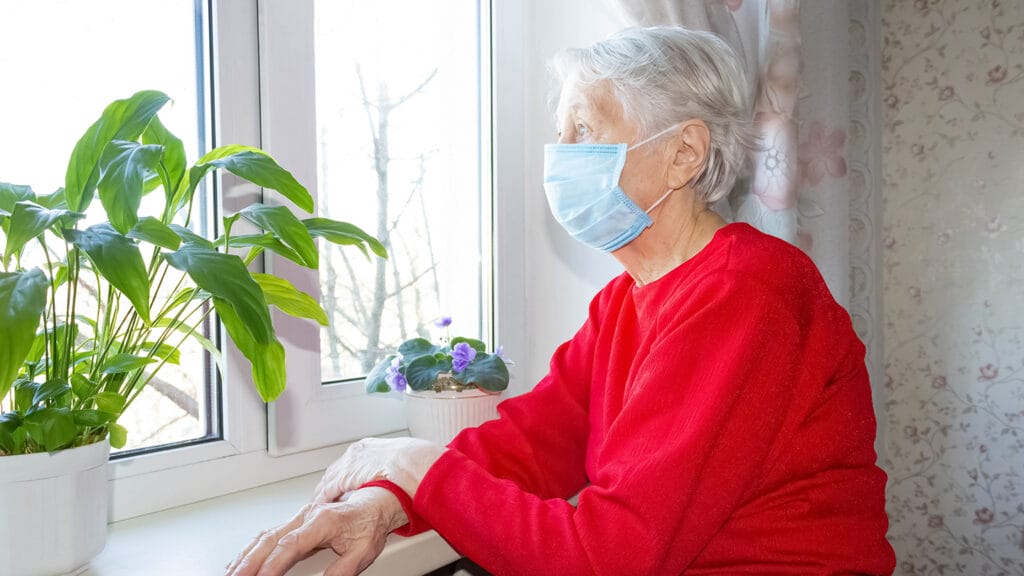
Two Harvard University studies last week support the benefits of face-to-face human interaction for older adults.
Despite increased popularity in virtual connections during the COVID-19 pandemic, a study by Harvard Medical School found older adults who had in-person interactions with friends, family and healthcare providers during the first months of the pandemic experienced fewer mental health problems than those who interacted through digital technology. Researchers reported seniors who used email and virtual visits to connect to others experienced higher levels of anxiety and depression.
“While it is possible that those who were nervous about the pandemic and experiencing feelings of depression and anxiety were more likely to use digital tools, as opposed to in-person interactions, it is also plausible that the digital technologies used were not suited to the needs of older adults, which could have engendered the mental health concerns we observed in our study among users of digital platforms,” Rebecca Robbins, assistant professor of medicine at Harvard Medical School and the study’s author, said in a statement.
While many seniors utilized technology as a tool to alleviate isolation during the pandemic, Robbins suggested more research is needed to design technologies that better meet the needs of older adults in preparing for future pandemics.
A second study at Harvard’s Joint Center for Housing Studies found that adults 50 and older who lived with a spouse or partner during the pandemic experienced fewer functional difficulties, such as mobility or dressing, than those who lived by themselves. The study also found that older adults living with a spouse or partner had fewer disruptions to their finances or personal assistance than those living alone.
A conclusion that comes as no surprise conclusion from the report: Seniors need more care as they advance in age. Those over the age of 75 were found to require more assistance with activities of daily living.



